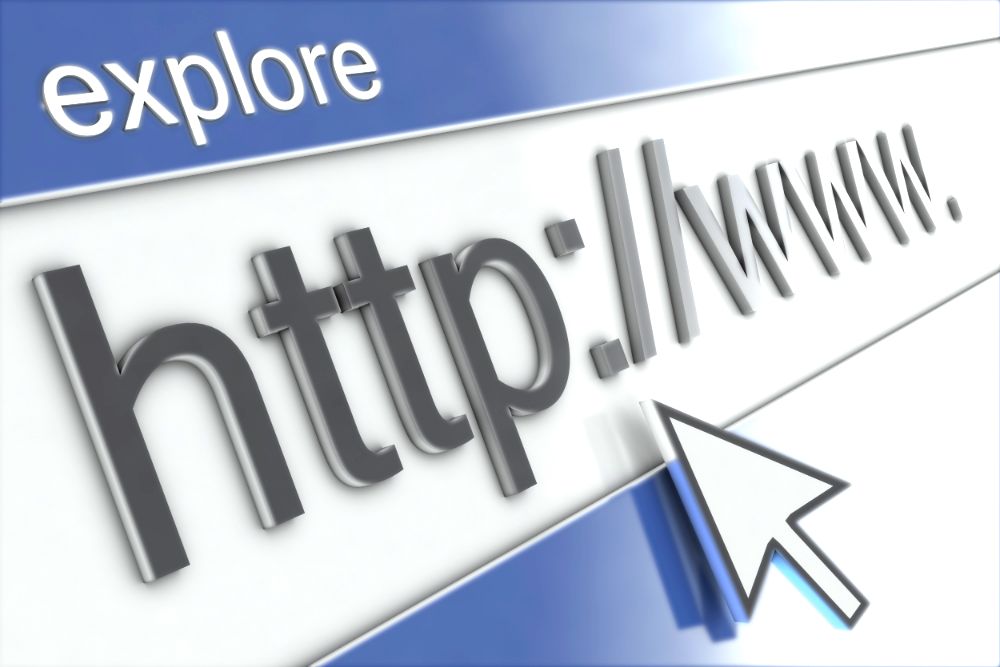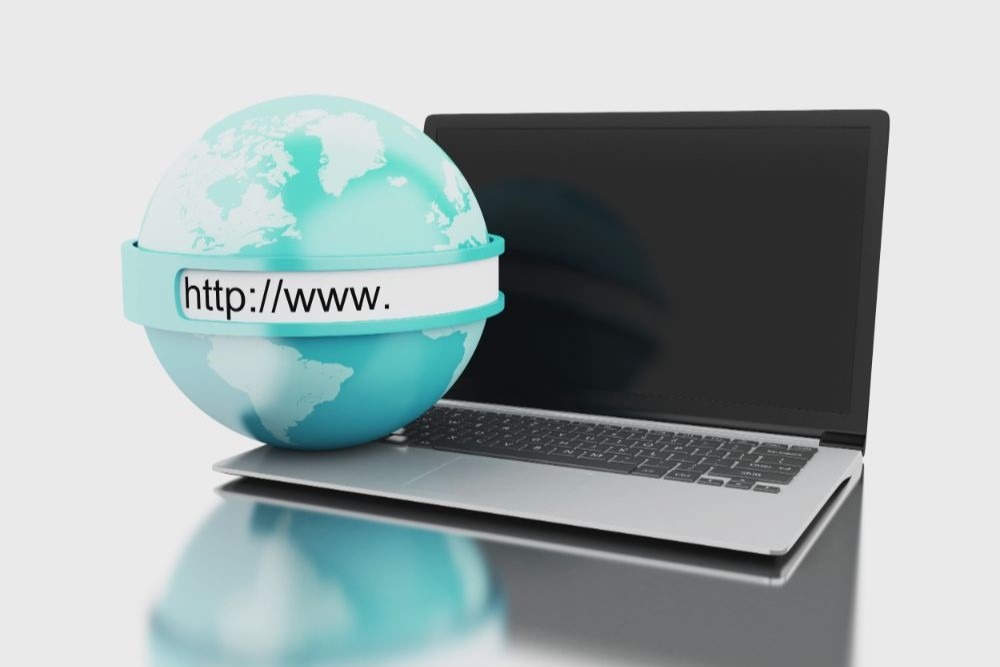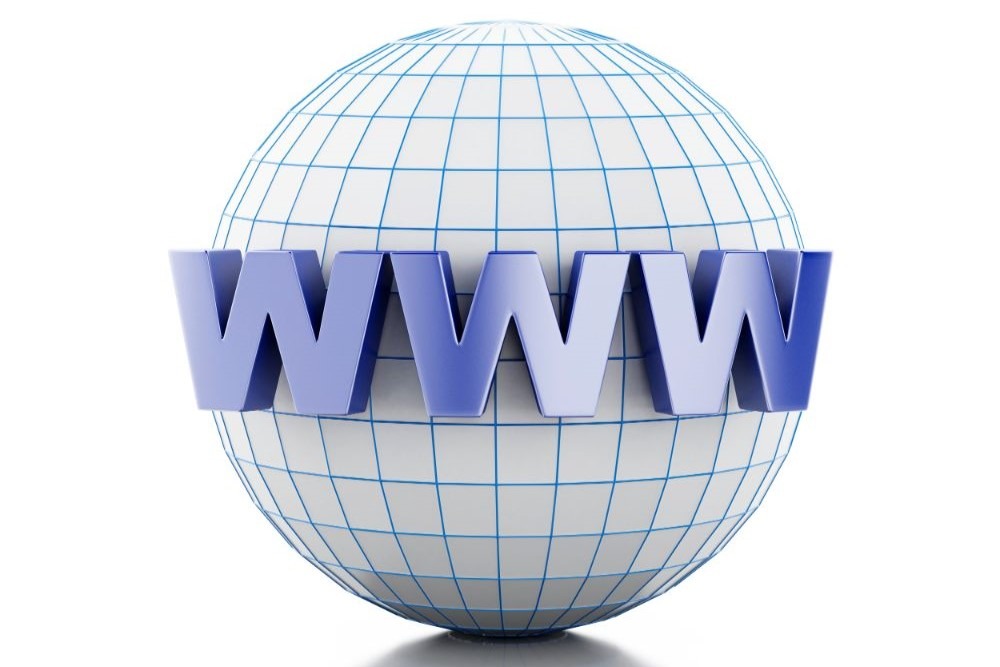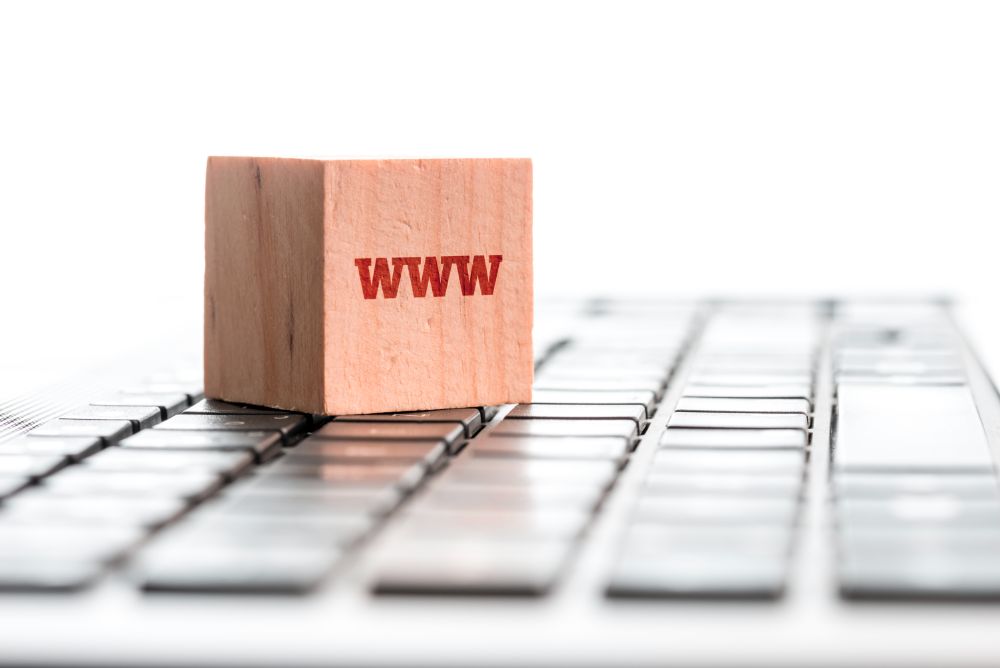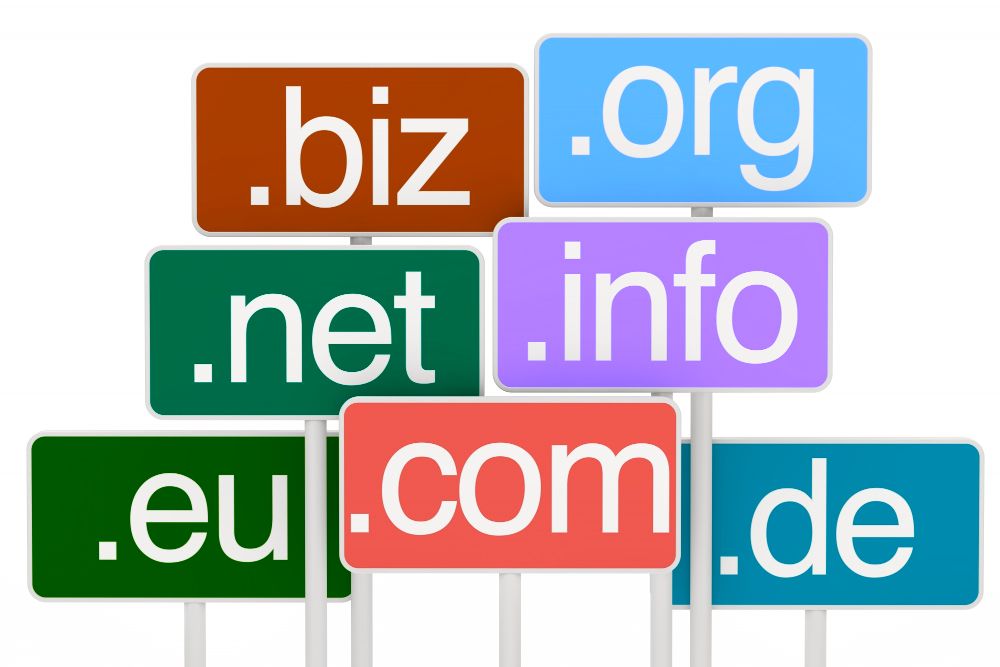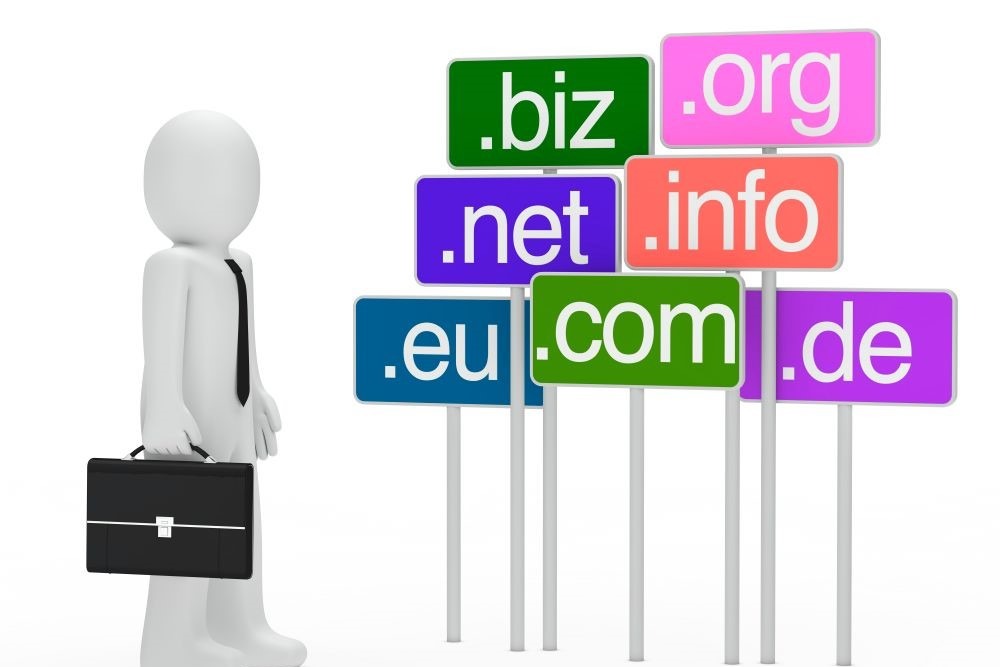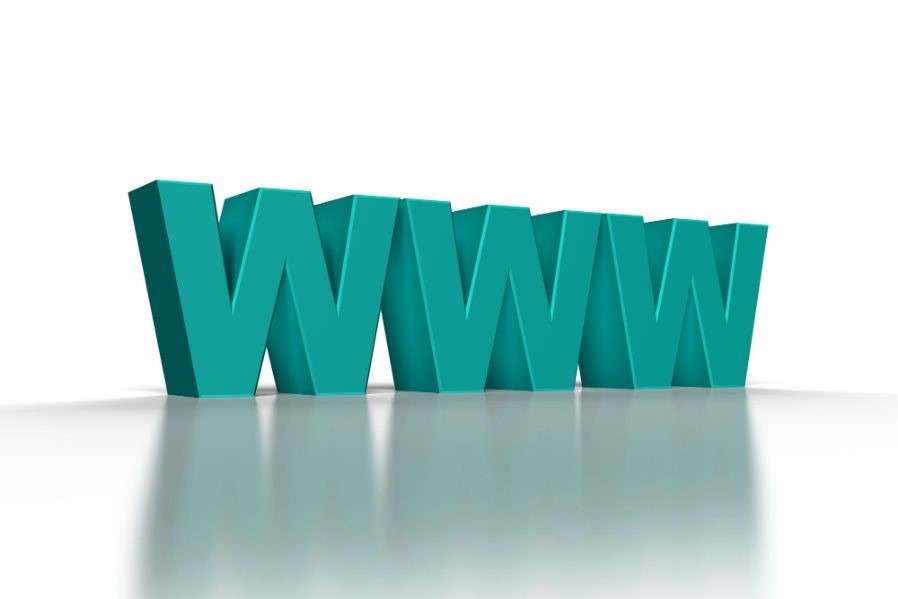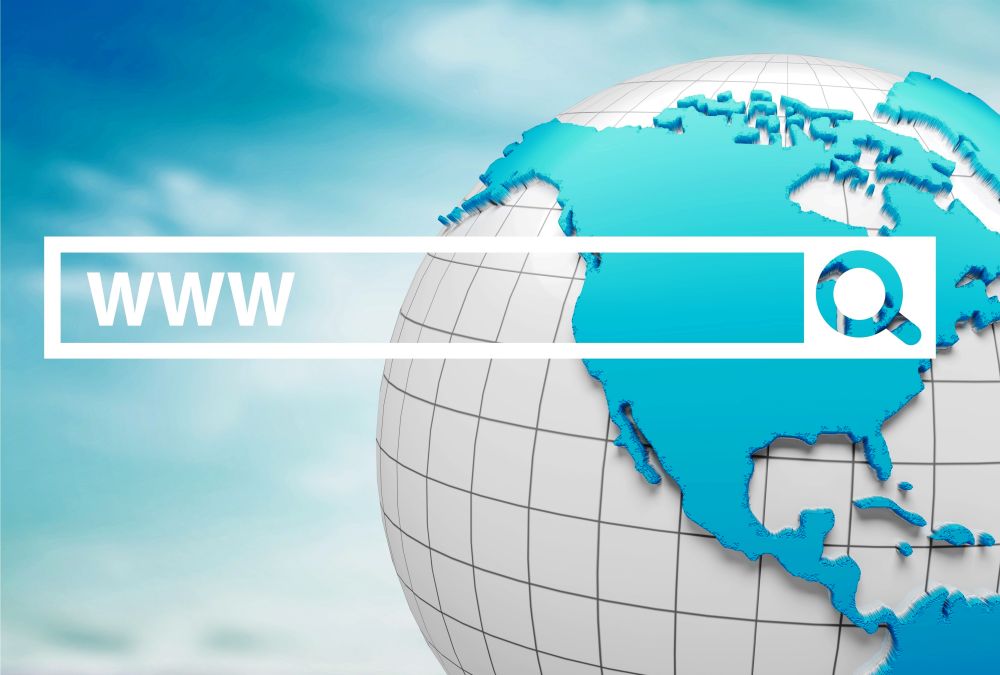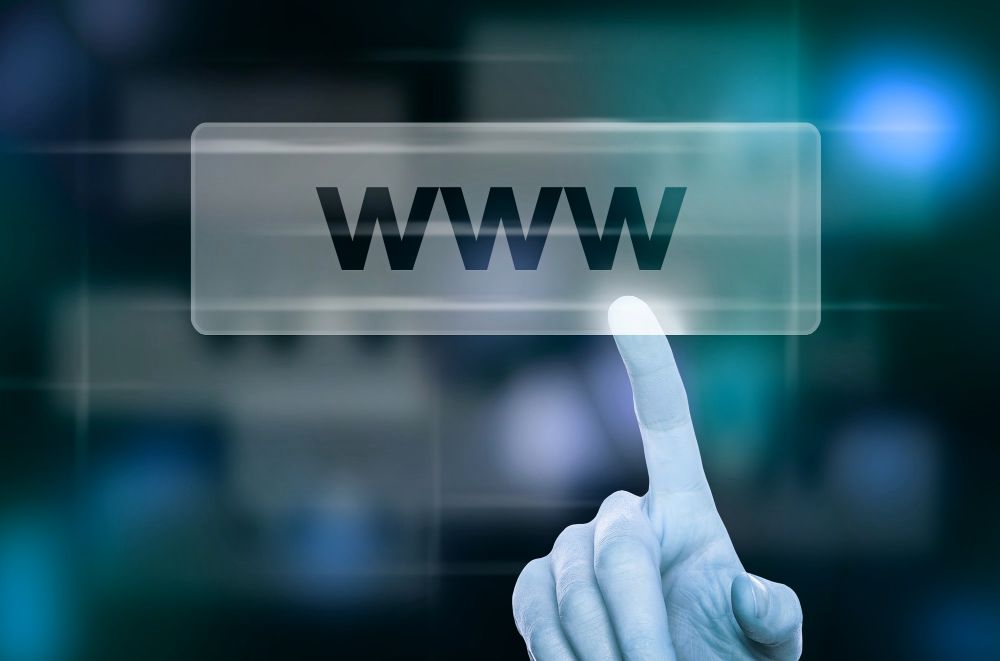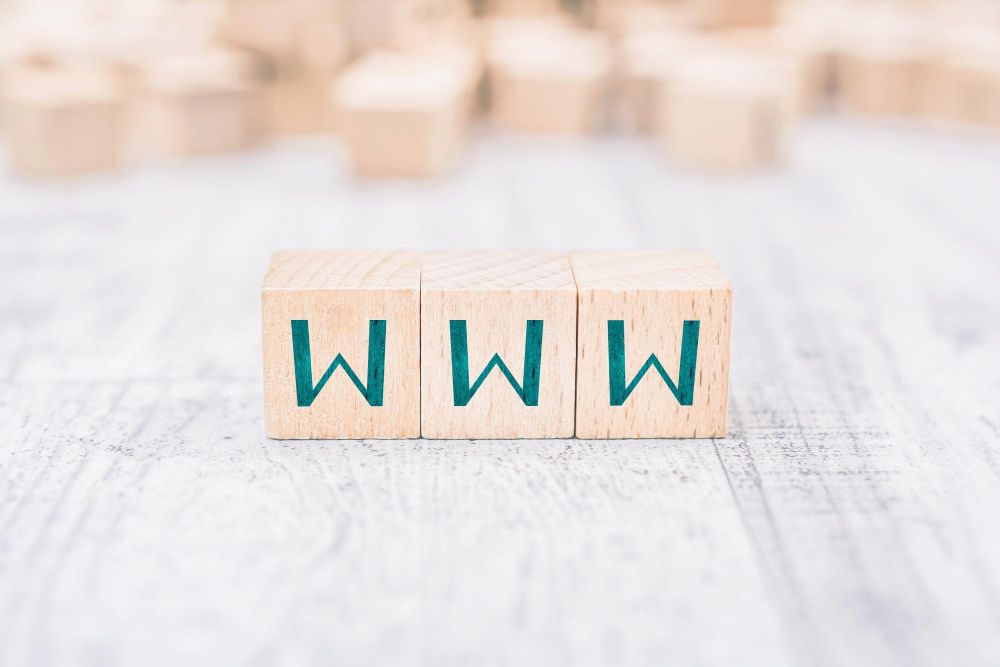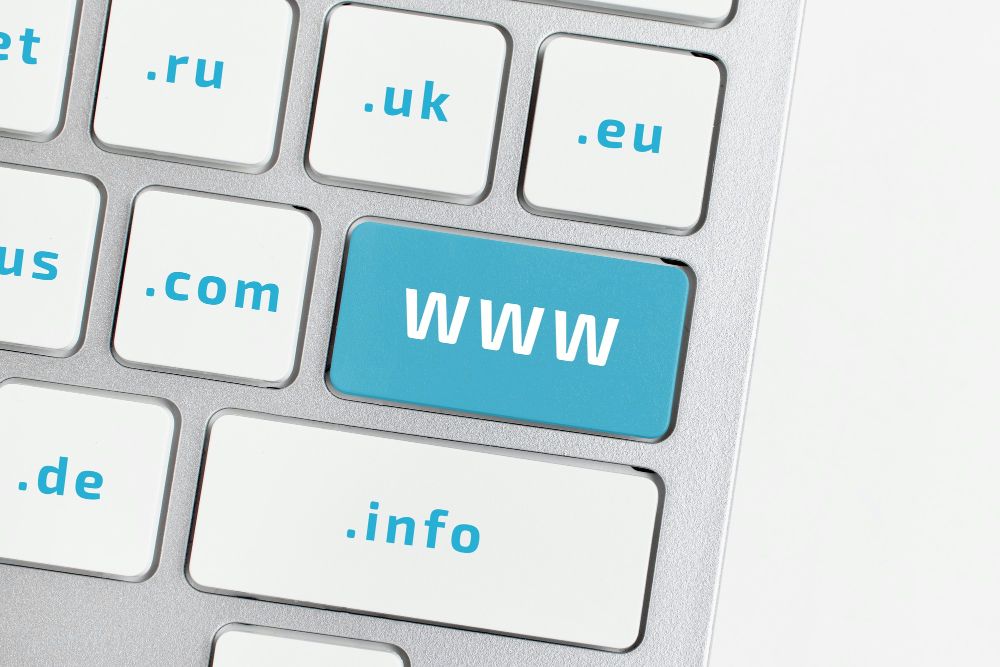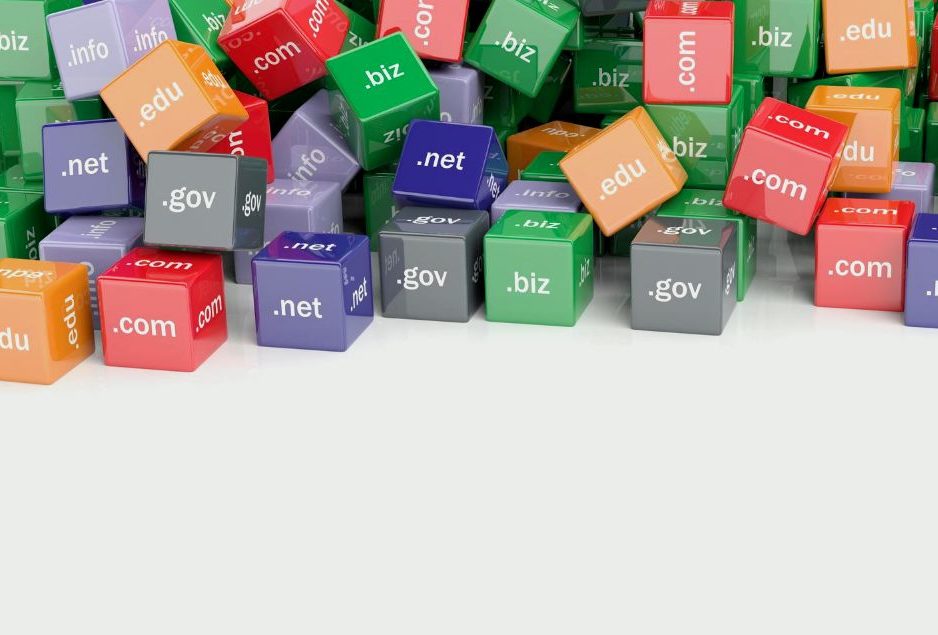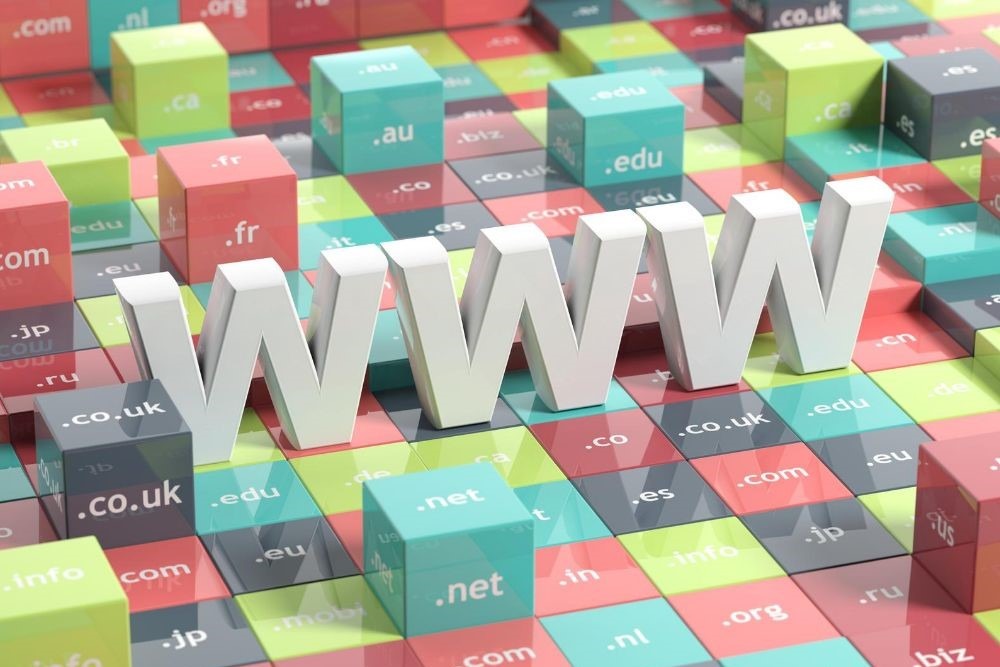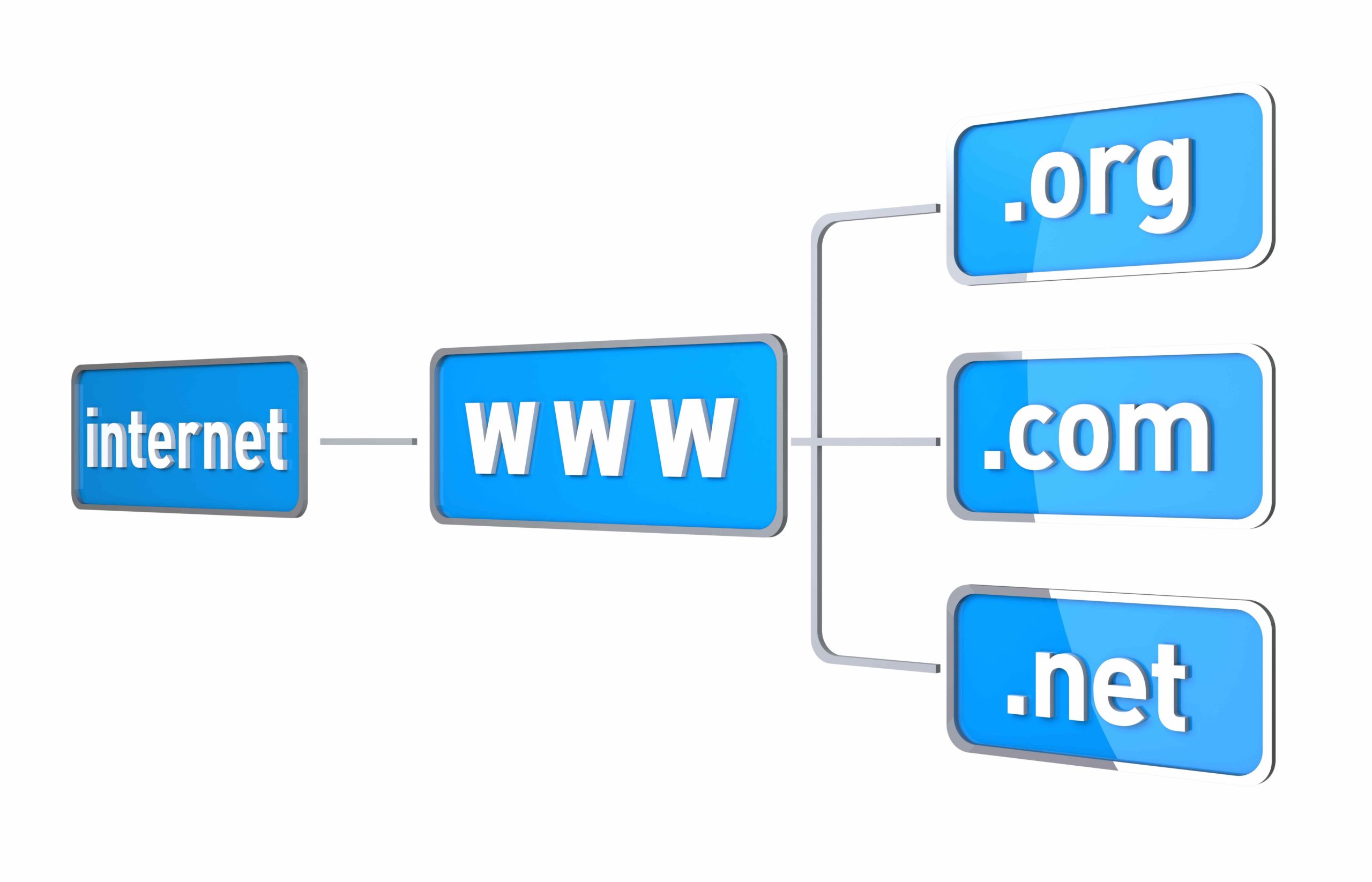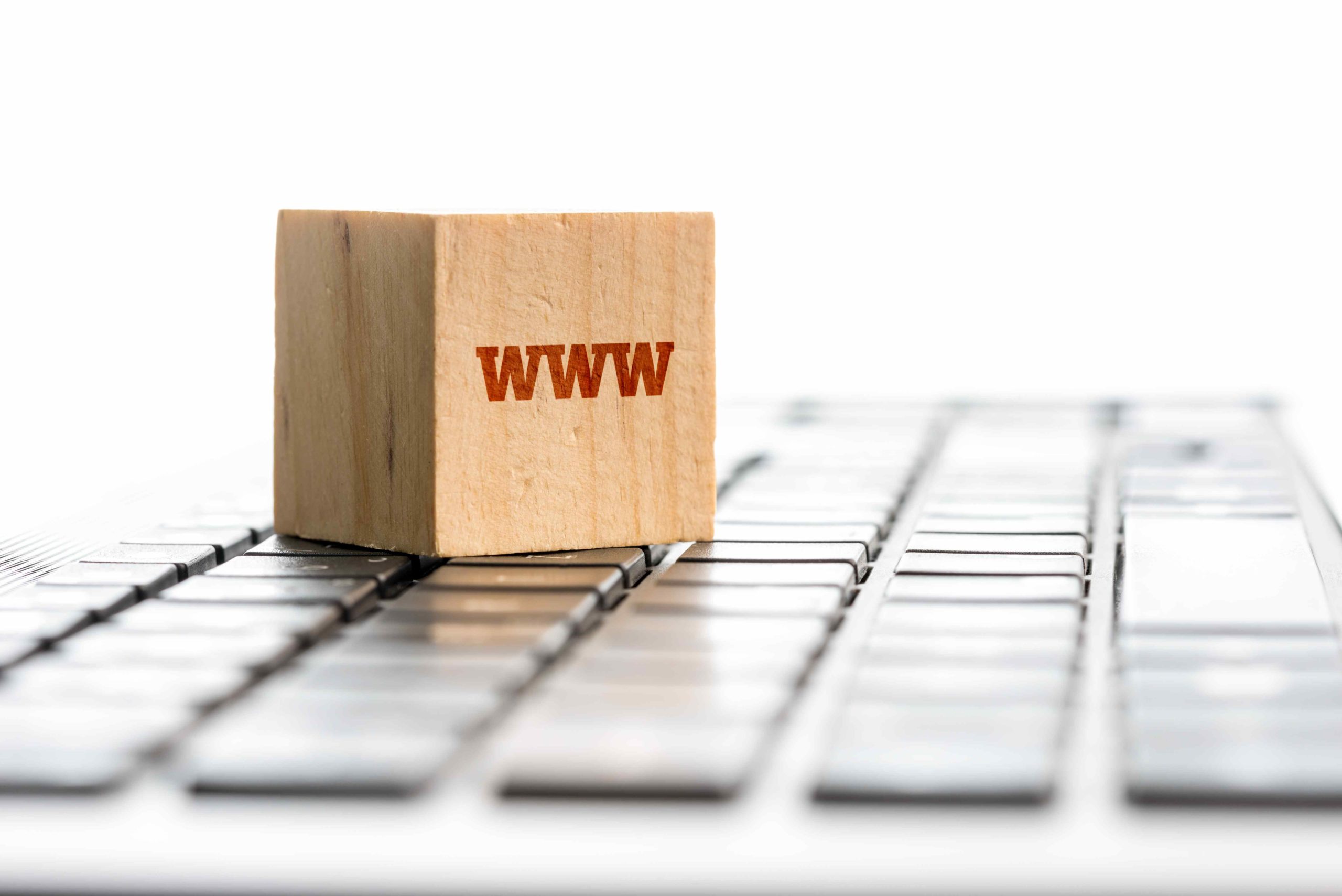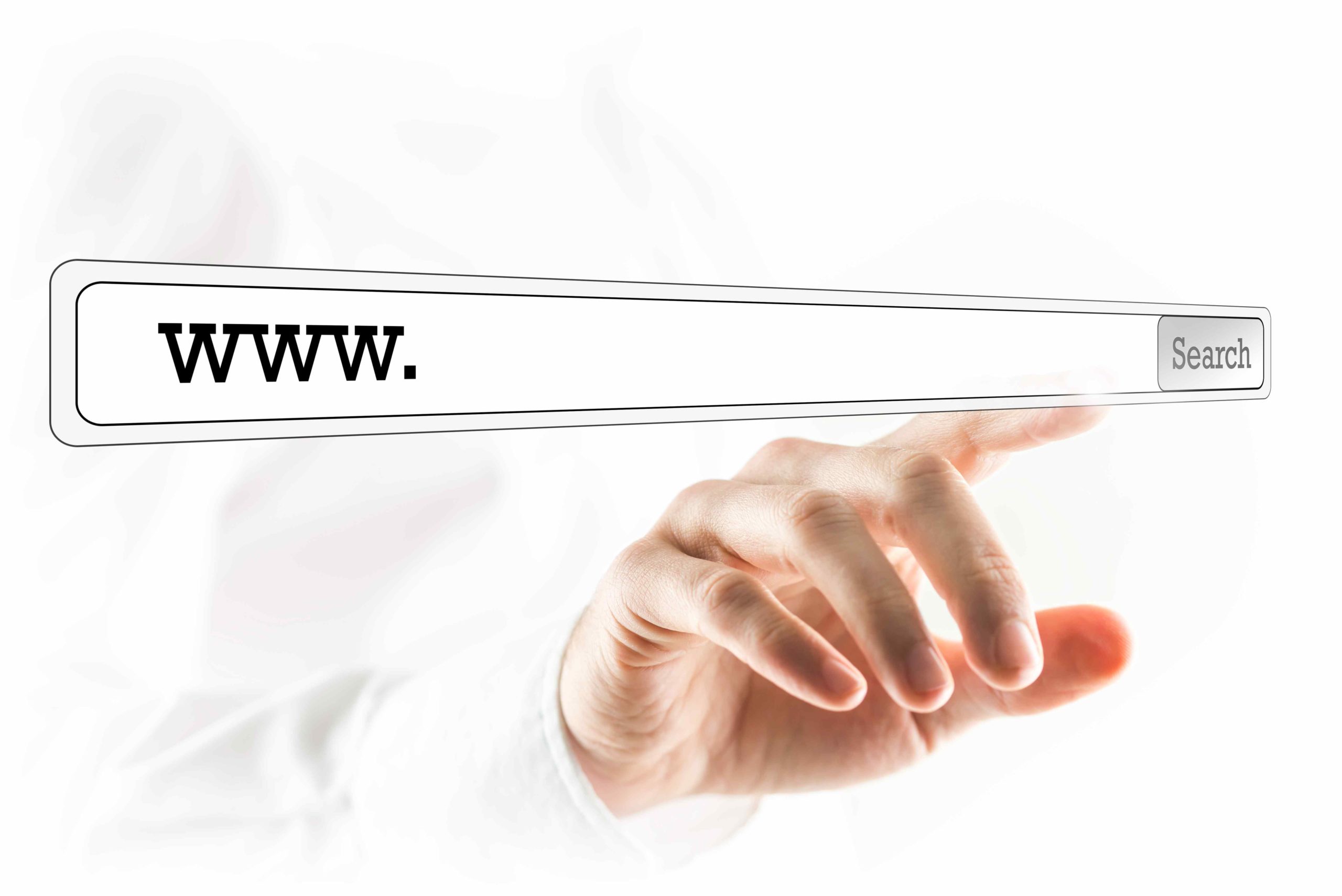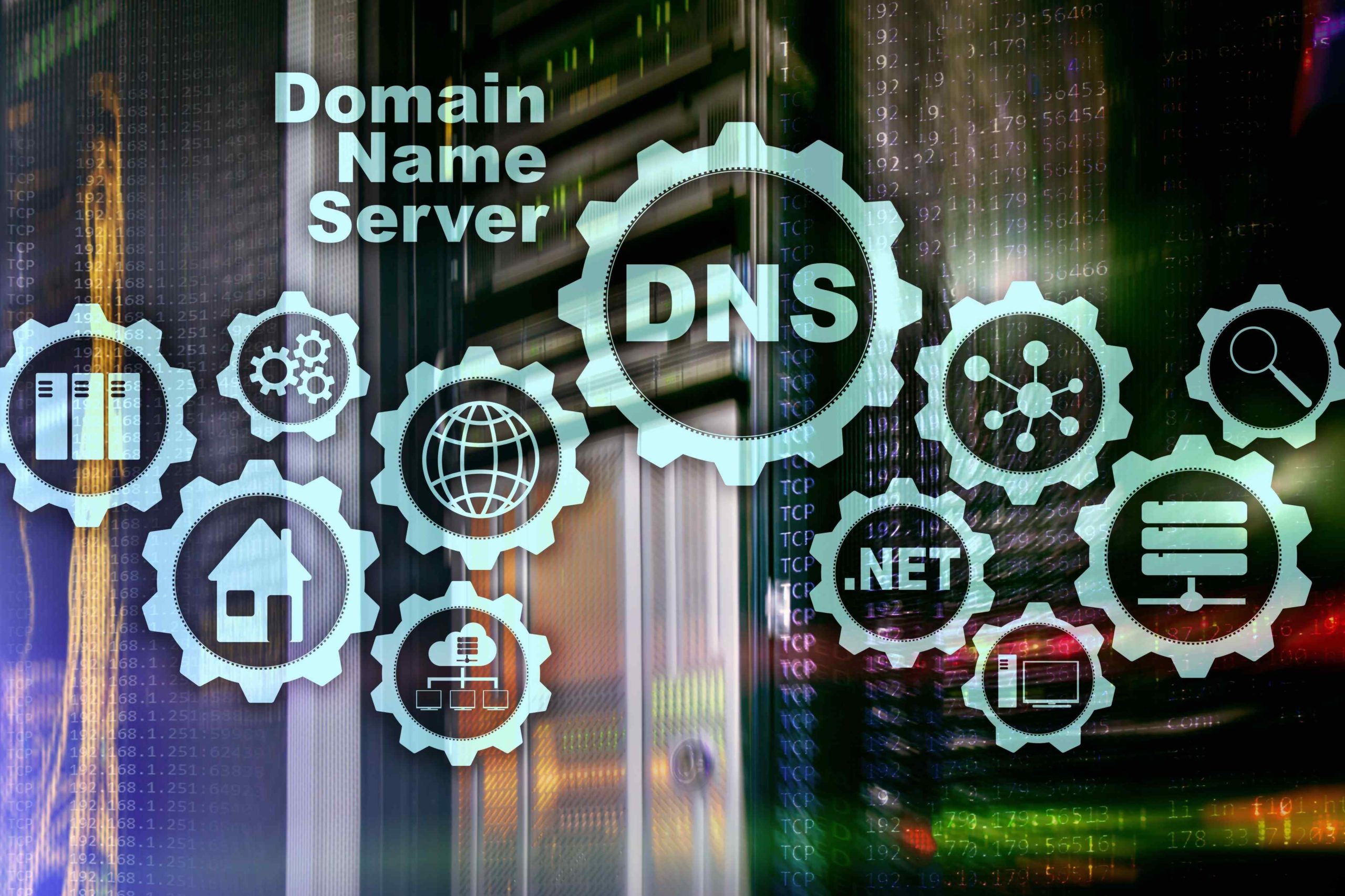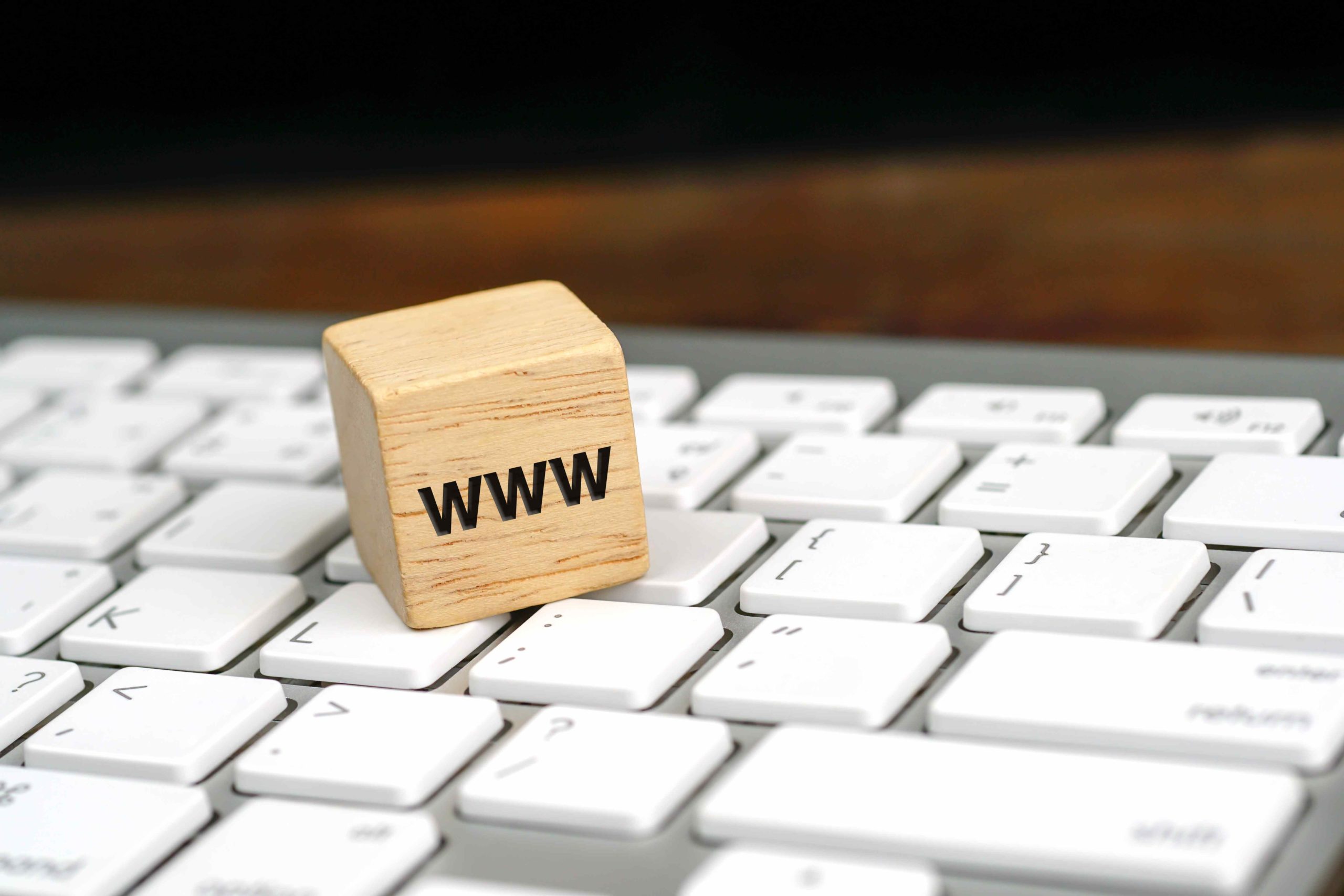
If you’re preparing to launch your website, securing a domain name is likely at the top of your to-do list. However, you may not realize that this step could expose your personal information to the public, leaving you vulnerable to various cyber threats.
Thankfully, domain protection services offer a solution by shielding sensitive details, such as your name and contact information, from the public WHOIS directory. By using these services, you can safeguard against spam, identity theft, and other security risks.
In this guide, we’ll explore domain protection, outlining its advantages and providing insights on how to secure this vital layer of security for your online presence. Let’s dive in!
Key Takeaways
- Domain protection services shield your personal information, like name and contact details, from being publicly accessible in WHOIS directories, maintaining your privacy online.
- By hiding your personal data, domain protection reduces the risk of your information being exploited for spamming, phishing, or other malicious activities, bolstering your online security.
- With your information concealed, you’re less likely to receive unsolicited emails, calls, or mail, minimizing the nuisance of spam and potential exposure to scams.
- Protecting your domain details helps mitigate the risk of data breaches, as cybercriminals won’t have easy access to your personal information, reducing the likelihood of identity theft or fraud.
- Acquiring domain protection is straightforward and accessible, typically available as an add-on service from domain registrars or hosting providers, ensuring hassle-free implementation for website owners.
What Does Domain Protection Do?
Domain protection safeguards the domain name’s owner by hiding their contact details, preventing domain theft, and controlling and blocking spam messages.
Here are the key functions of domain protection:
- Hides Your Contact Details: Domain protection uses a proxy registrar address to keep personal information like address, email, and contact details private, reducing the risk of spam emails and phishing attempts.
- Prevents Domain Theft: By concealing the email associated with domain registration, domain protection helps prevent hackers from gaining access to the account and stealing the domain. This added layer of security makes it harder for malicious actors to target the domain owner.
- Controls & Blocks Spam Messages: Domain protection limits the exposure of contact information, making it challenging for spammers to scrape details and send unsolicited messages. This feature helps in reducing spam emails and phishing attempts, enhancing the overall security of the domain owner.
Do You Need Domain Protection?
If you prioritize privacy and want to prevent unauthorized actions on your domain, domain privacy may be necessary.
Here are some key reasons why you need domain protection:
- Prevent Spam and Unwanted Calls: Without domain privacy protection, your personal information is easily accessible through WHOIS lookup, inviting spam emails and unwanted calls. With domain privacy, you can avoid these nuisances and reduce the risk of your information being misused by hackers.
- Avoid Identity Theft: Public domain registrations expose you to the risk of identity theft as hackers can use your personal data for fraudulent activities. Domain privacy protection safeguards your identity by concealing your private information from malicious actors.
- Reduce Domain Hijacking Risk: Domain theft, or hijacking, becomes a concern when your domain registration details are exposed. With domain privacy, you can lower the risk of unauthorized access and maintain control over your website. Learn more about domain hijacking in our article: https://quirk.biz/what-is-domain-hijacking/
- Prevent Data Breaches: A compromised domain registration could lead to unauthorized access to your website’s backend, risking sensitive data like user information or payment details. Domain privacy helps prevent such breaches, protecting your business and reputation.
- Maintain Anonymity: Whether you’re an anonymous blogger or simply value your privacy, domain privacy protection allows you to register domains anonymously, minimizing the disclosure of personal information online. Choosing a reliable hosting provider with strong security adds an extra layer of protection.
How to Get Domain Privacy Protection
Getting domain privacy protection is a straightforward process. Here’s how:
- Check Your Domain Registrar: Start by checking if your current domain registrar offers domain privacy protection as an optional service. Many registrars provide this feature during the domain registration process or as an add-on for existing domains.
- Enable Domain Privacy: If your registrar offers domain privacy protection, simply enable it during the registration or through your account settings for existing domains. This typically involves selecting the option to keep your contact information private or anonymized in WHOIS databases.
- Review Terms and Pricing: Take a moment to review the terms and pricing associated with domain privacy protection. Some registrars may offer it for free as part of their domain registration packages, while others may charge a nominal fee for the service.
- Complete the Process: Follow the prompts provided by your registrar to complete the domain privacy protection setup. This may involve verifying your contact information or making payment if applicable.
- Confirmation: Once activated, your domain registration details will be shielded from public view in WHOIS databases, helping to protect your privacy and security online.
- Renewal: Keep in mind that domain privacy protection is often renewable on an annual basis along with your domain registration. Be sure to renew this service to maintain continued privacy protection for your domain.
How is Domain Protection different from Domain Privacy?
Domain protection and domain privacy are related but distinct concepts. Domain protection is a broader term that refers to the overall security measures taken to protect a domain name from theft, unauthorized access, and data breaches. It includes features such as malware scanning, blacklist prevention, and domain security alerts.
On the other hand, domain privacy is a specific aspect of domain protection that focuses on keeping the personal information of domain registrants private. This is achieved by replacing the registrant’s personal information with generic information provided by the domain registrar, thereby preventing it from being displayed in the public WHOIS directory.
In summary, domain protection encompasses a range of security measures designed to protect a domain name, while domain privacy is a subset of domain protection that focuses on keeping the personal information of domain registrants private.
Conclusion
Domain protection is a critical service that offers security to your online presence against potential threats. It’s a necessity for all digital domain owners.
It’s important to note that domain protection differs from domain privacy, as it provides more extensive security coverage.
It’s critical to understand that your domain represents your online identity, so maintaining its security is crucial.





